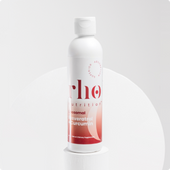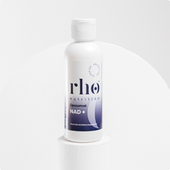Glutathione is a powerful antioxidant that is naturally produced by the body. It is involved in many important bodily functions, including immune system function, detoxification, and the metabolism of drugs and other toxins.
Despite its many benefits, glutathione has a strong, distinctive taste that many people find unpleasant. There are a few reasons why this is the case.
First, glutathione is a sulfur-containing compound. Sulfur compounds are known for their distinctive, pungent odor and taste. This is why many foods that are high in sulfur, such as garlic and onions, have a strong, distinctive taste.
Second, glutathione is a highly reactive compound. This means that it can easily react with other molecules and form new compounds. When glutathione comes into contact with other compounds, such as the enzymes in our mouth, it can undergo a series of chemical reactions that produce new compounds with a strong, unpleasant taste.
Third, glutathione is a large molecule. Large molecules are more likely to stimulate the taste buds on the tongue, which can lead to a stronger, more intense taste sensation.
Overall, the strong, distinctive taste of glutathione is due to its sulfur content, its reactivity, and its large molecular size. These factors all contribute to the unique, pungent taste of glutathione. While some people may find this taste unpleasant, others may not be as sensitive to it and may not notice it as much. Regardless, the health benefits of glutathione make it worth taking, even if the taste is not to your liking.







Leave a comment